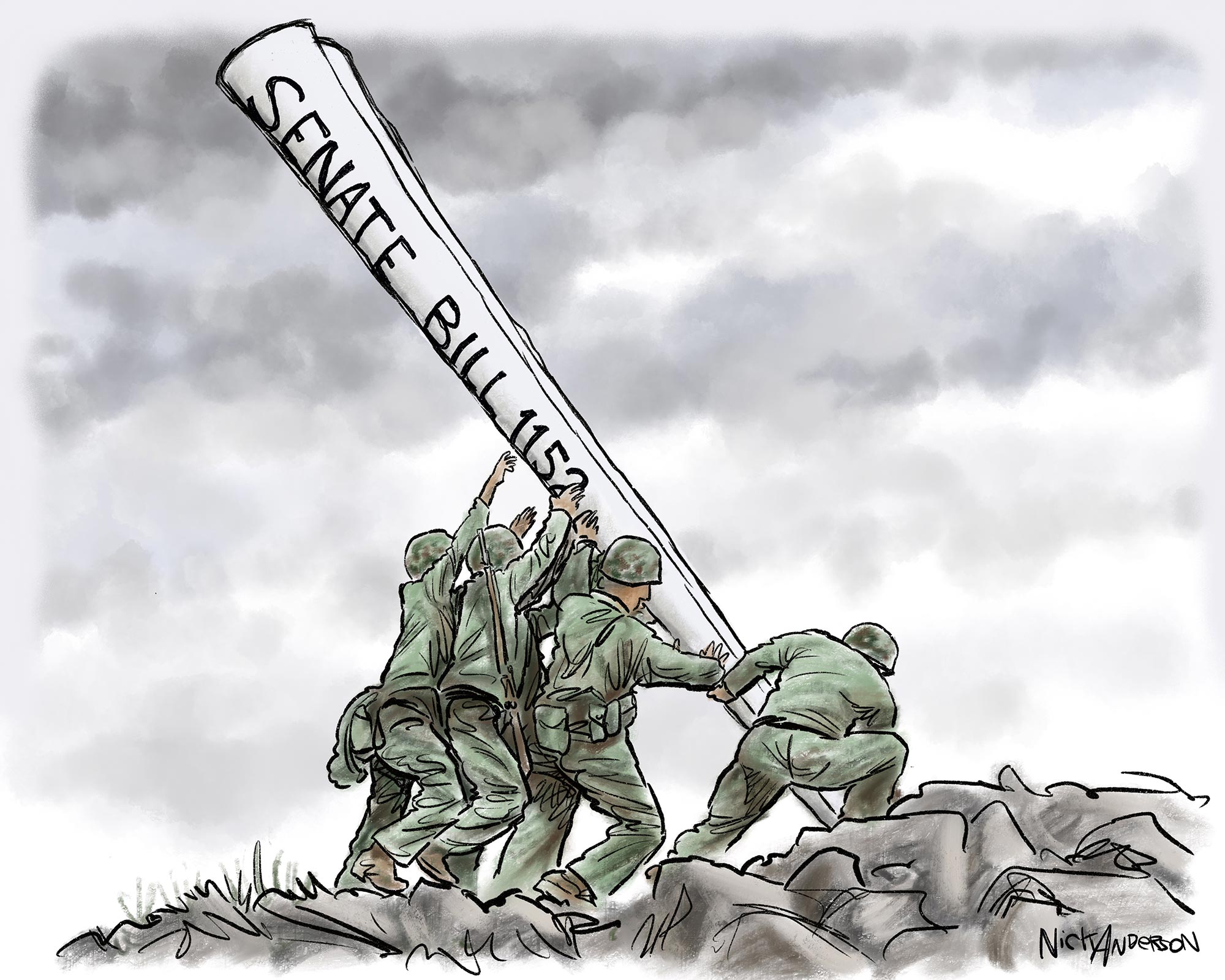
Property Tax Caps - Senate Bill 2
Senate Bill 2, known as the "Texas Property Tax Reform and Transparency Act of 2019," makes numerous changes to the process for adopting property tax rates. The 148-page bill makes an array of changes to the property appraisal and tax systems. New requirements, including that tax rates and other information be posted in an online database, are meant to make the process more transparent and easier for taxpayers to understand.
Senate Bill 2 includes a provision that requires many cities, counties and other taxing units to hold an election if the combined tax rate would result in the taxes on the average residential homestead to increase by more than 3.5%. The growth rate excludes taxes levied on new construction and can be averaged over three years, allowing taxing units to exceed the 3.5% threshold in some of them. Of all the cities in Texas, only Houston has such a revenue cap provision already in place. The City of Houston's revenue cap, added to the City Charter by voters in 2004, requires voter approval for increases in ad valorem taxes in future years above a limit equal to the lesser of the actual revenues in the preceding fiscal year, plus 4.5%, or a formula that is based upon the actual revenues received in fiscal year 2005 adjusted for the cumulative combined rates of inflation and the City's population growth.
The City of Houston has a property tax cap that has been in effect since FY 2006 (voter-approved as Proposition 1). In FY 2007, voters approved collecting additional revenues above the cap of $90 million for police, fire, and emergency medical services (Proposition H).
The House Ways and Means Committee studied the effect that Senate Bill 2 would have on Houston. Noting that Houston calculates the increase in property taxes based on budget year estimated property tax revenue minus prior budget year estimated property tax revenue, Chairman Burrows found:
- Over the last four years, Houston's property tax revenue increase (excluding revenue raised from new property) has averaged 2.48%.
- In each of these five years, Houston's cap has been CPI + population growth instead of 4.5%, and Houston has set its tax rate to raise an estimated amount equal to the cap.
- Over the last five years, Houston was able to increase property tax revenues by an additional $255.4 million under its existing cap. Under SB 2, Houston would have been able to increase property tax revenues by an additional $266.4 million.
| 2016 | 2017 | 2018 | 2019 |
|---|---|---|---|
| Estimated Property Tax Revenues: | |||
| $1,114,029,000 | $1,133,191,000 | $1,158,297,000 | $1,200,813,000 |
| Property Tax Revenue Increase: | |||
| $46,690,982 | $19,161,895 | $25,106,125 | $42,516,000 |
| New Property Revenue Increase: | |||
| $32,523,872 | $31,989,944 | $27,222,519 | $20,863,719 |
| Existing Property Revenue Increase: | |||
| $14,167,110 | $(12,828,049) | $(2,116,394) | $21,652,281 |
| % Increase from Existing Property: | |||
| 1.33% | -1.15% | -0.19% | 1.87% |
While the numbers from the Finance Department at the City of Houston are slightly different, the pattern is the same. The population and inflationary measures over the last 4 years of Houston's self-imposed tax cap make it unlikely that the lowering of the rollback rate from 8% to 3.5% would have any effect on Houston's property taxes. The population + inflation cap was already too low.
# Credit Rating Agency Warnings
The nation's three major credit agencies are warning Texas cities that Senate Bill 2 will likely strain their finances, possibly leading to a lower credit rating that will cost taxpayers money.
Under the new law, which takes effect in 2020, any increase larger than 3.5 percent would trigger a referendum.
Gov. Abbott praised Senate Bill 2, saying the Legislature is making "tremendous strides to provide long-awaited relief to Texas homeowners and businesses."
While many are hopeful a separate law addressing school finance will result in real property tax reform, the credit agencies said SB 2 will hinder local governments' ability to raise revenue needed to pay for services.
A lower credit rating matters because it means a city has to pay higher interest rates to raise money in the bond market for new roads, recreation centers and other public improvements.
- Moody's called the law a "credit negative" in a recent analysis of SB 2.
- S&P Global said revenue losses stemming from SB 2 could "create structural gaps in future years."
- Fitch said it expects the law "to negatively impact its assessment of some local governments' independent revenue raising ability," one of four key components in determining credit ratings.
"We believe that this constraint, coupled with expanding infrastructure demands, could reduce financial flexibility and stress Texas municipalities' creditworthiness," S&P wrote in its analysis.
The impact of Senate Bill 2 will be lessened to some degree by a rollover provision that gives cities credit for staying under the 3.5 percent revenue cap. For example, if a city's revenue grew by only 2.5 percent in one year, it could collect 4.5 percent more the following year.

